The Future Of Travel: Navigating The Trends Of 2025
The Future of Travel: Navigating the Trends of 2025
Related Articles: The Future of Travel: Navigating the Trends of 2025
Introduction
In this auspicious occasion, we are delighted to delve into the intriguing topic related to The Future of Travel: Navigating the Trends of 2025. Let’s weave interesting information and offer fresh perspectives to the readers.
Table of Content
The Future of Travel: Navigating the Trends of 2025
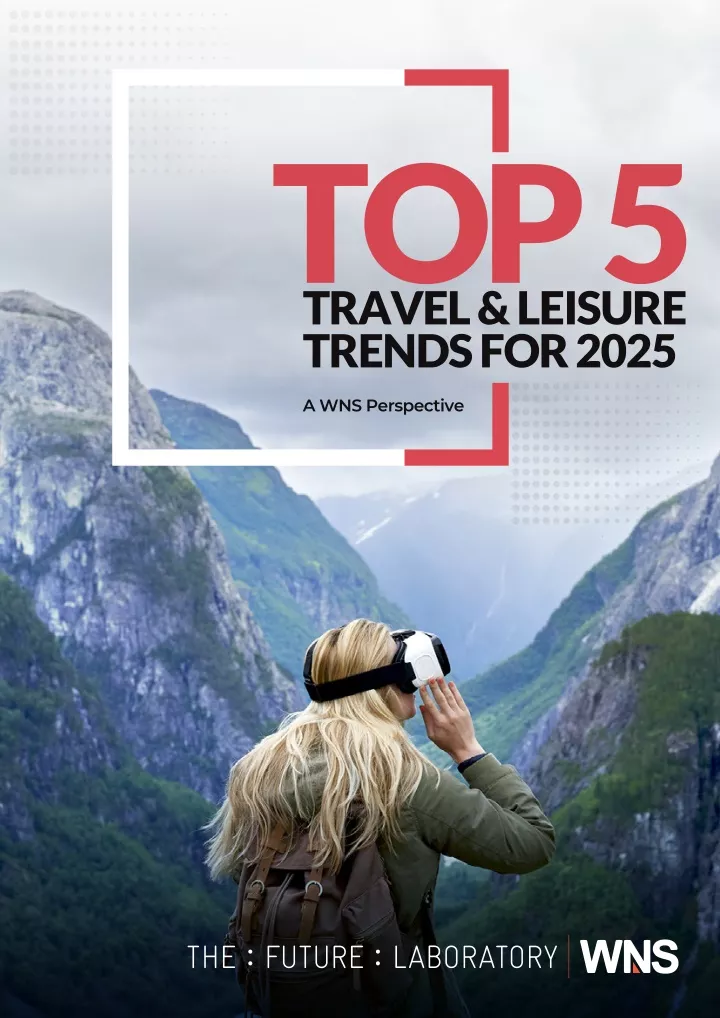
The travel industry is in a constant state of evolution, fueled by technological advancements, shifting consumer preferences, and a growing awareness of environmental and social responsibility. As we approach 2025, several key trends are poised to reshape the way we travel, offering both exciting opportunities and challenges for travelers and industry stakeholders alike.
1. The Rise of Hyper-Personalized Travel Experiences:
Gone are the days of one-size-fits-all travel packages. In 2025, travelers will demand experiences meticulously tailored to their individual needs, interests, and preferences. This hyper-personalization will be driven by sophisticated data analytics, allowing travel companies to understand travelers’ desires and offer curated itineraries, personalized recommendations, and bespoke services.
-
Benefits: Hyper-personalization promises a more fulfilling travel experience, maximizing enjoyment and minimizing wasted time and resources. It also allows for a deeper immersion in local cultures and environments, fostering a more meaningful connection with destinations.
-
Challenges: The collection and use of personal data raise concerns about privacy and security. Travel companies must prioritize ethical data handling practices and ensure transparency to build trust with travelers.
2. The Growing Demand for Sustainable and Responsible Travel:
Environmental consciousness is no longer a niche concern; it’s a defining factor for many travelers. In 2025, sustainability will be a key driver of travel choices, with travelers seeking eco-friendly accommodations, sustainable transportation options, and authentic experiences that minimize their environmental footprint.
-
Benefits: Sustainable travel practices help protect the environment and local communities, preserving the beauty and integrity of destinations for future generations. It also promotes responsible tourism, ensuring that the benefits of travel are shared equitably with host communities.
-
Challenges: Transitioning to a more sustainable travel industry requires significant investments in infrastructure, technology, and education. Collaboration between governments, businesses, and travelers is crucial to drive meaningful change.
3. The Integration of Artificial Intelligence (AI) and Virtual Reality (VR) in Travel:
AI and VR are poised to revolutionize the travel industry, enhancing every aspect of the journey, from planning to experiencing. AI-powered chatbots will provide instant customer support and personalized recommendations, while VR technology will allow travelers to virtually explore destinations before booking, creating a more immersive and informed travel experience.
-
Benefits: AI and VR can significantly enhance the convenience and accessibility of travel, making it easier for travelers to plan, book, and experience their journeys. They can also provide valuable insights into destinations, fostering a deeper understanding and appreciation of different cultures and environments.
-
Challenges: The ethical implications of AI and VR in travel must be carefully considered. Ensuring that these technologies are used responsibly and ethically is crucial to maintain trust and avoid unintended consequences.
4. The Rise of Remote Work and Digital Nomadism:
The increasing prevalence of remote work is blurring the lines between travel and work. In 2025, digital nomads will be a significant force in the travel industry, seeking destinations that offer high-quality internet access, comfortable co-working spaces, and a welcoming environment for remote workers.
-
Benefits: Remote work and digital nomadism offer greater flexibility and freedom, allowing individuals to work from anywhere in the world. This fosters a more globalized workforce and promotes cultural exchange and understanding.
-
Challenges: The rise of digital nomadism presents challenges for local communities, including the potential for gentrification and the need for infrastructure development to support remote workers. Balancing the benefits of digital nomadism with the needs of local communities is crucial for sustainable growth.
5. The Growing Popularity of Adventure and Experiential Travel:
Travelers are increasingly seeking authentic and immersive experiences that push their boundaries and create lasting memories. Adventure travel, which involves activities like hiking, trekking, rock climbing, and wildlife safaris, is experiencing a surge in popularity, as is experiential travel, which focuses on cultural immersion and hands-on activities.
-
Benefits: Adventure and experiential travel provide opportunities for personal growth, self-discovery, and a deeper connection with the natural world and local cultures. They also promote physical and mental well-being, fostering a sense of accomplishment and adventure.
-
Challenges: Adventure and experiential travel can pose safety risks, requiring careful planning, preparation, and adherence to safety guidelines. It is essential to choose reputable tour operators and ensure appropriate insurance coverage.
6. The Importance of Health and Wellness in Travel:
Travelers are increasingly prioritizing their health and well-being, seeking destinations and experiences that promote relaxation, rejuvenation, and mindfulness. Wellness tourism, which encompasses activities like yoga retreats, spa treatments, and health-focused travel, is gaining momentum, catering to travelers seeking a holistic travel experience.
-
Benefits: Travel that prioritizes health and wellness can help reduce stress, improve mental and physical well-being, and enhance overall quality of life. It also promotes mindfulness and a deeper connection with oneself and the environment.
-
Challenges: The wellness tourism industry needs to ensure that its offerings are authentic and based on evidence-based practices. It is also important to address potential cultural appropriation and ensure ethical sourcing of wellness products and services.
7. The Emergence of Micro-Travel and "Slow Travel":
As travelers seek more meaningful and authentic experiences, the trend towards shorter, more frequent trips, and a focus on "slow travel" is gaining traction. Micro-travel involves taking shorter trips, often within a day or two, to nearby destinations, while slow travel emphasizes a slower pace, allowing travelers to immerse themselves in local culture and explore destinations in depth.
-
Benefits: Micro-travel and slow travel offer a more sustainable and affordable approach to travel, reducing the environmental impact of long-distance travel and allowing travelers to experience destinations more authentically.
-
Challenges: The rise of micro-travel and slow travel requires innovative approaches to transportation and accommodation, offering travelers convenient and affordable options for shorter trips. It also requires promoting the benefits of slow travel and encouraging a shift in traveler mindset.
FAQs on Travel Trends in 2025:
Q: How will technology impact travel in 2025?
A: Technology will play a transformative role in travel in 2025, driving personalization, automation, and enhanced experiences. AI-powered chatbots will provide personalized recommendations and instant customer support, while VR technology will allow travelers to virtually explore destinations before booking. Biometric authentication will streamline airport security processes, and smart luggage will enhance convenience and safety.
Q: What are the key sustainability concerns in the travel industry?
A: The travel industry’s environmental impact is a significant concern, with carbon emissions from air travel and the increasing demand for resources posing challenges. Sustainable travel practices focus on reducing waste, conserving water and energy, supporting local communities, and minimizing the impact on ecosystems.
Q: How will travel trends affect the tourism industry?
A: Travel trends in 2025 will require the tourism industry to adapt and evolve to meet the changing needs and expectations of travelers. This includes embracing personalization, prioritizing sustainability, integrating technology, and catering to the growing demand for authentic and immersive experiences.
Q: What are some tips for travelers in 2025?
A: To make the most of travel in 2025, travelers should embrace technology, prioritize sustainability, seek out authentic experiences, and plan ahead. Consider using AI-powered travel apps for personalized recommendations, choosing eco-friendly accommodations, and supporting local businesses. Be open to exploring new destinations and embracing the slow travel movement.
Conclusion:
The travel industry in 2025 will be shaped by a confluence of factors, including technological advancements, evolving consumer preferences, and a growing awareness of environmental and social responsibility. Travelers will demand personalized experiences, prioritize sustainability, embrace technology, and seek out authentic and immersive journeys. The industry must adapt to these trends, embracing innovation, promoting sustainability, and fostering a more equitable and responsible approach to travel. As we look towards the future of travel, it is clear that the journey itself is becoming an integral part of the experience, offering opportunities for personal growth, cultural exchange, and a deeper connection with the world around us.
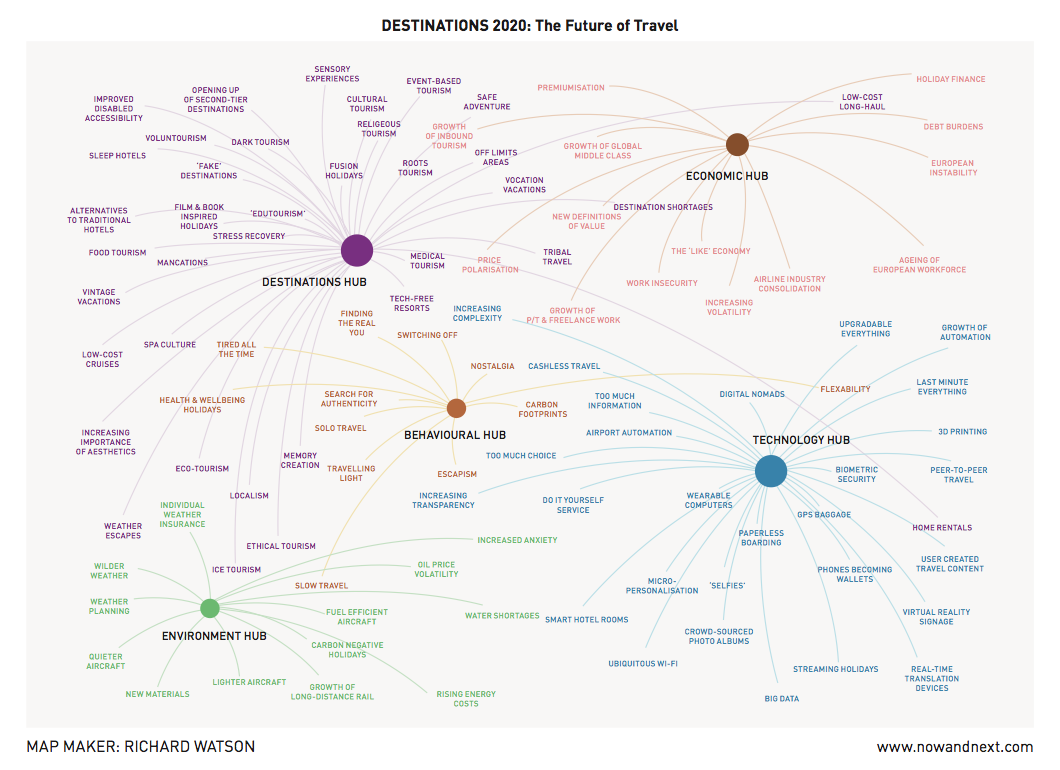
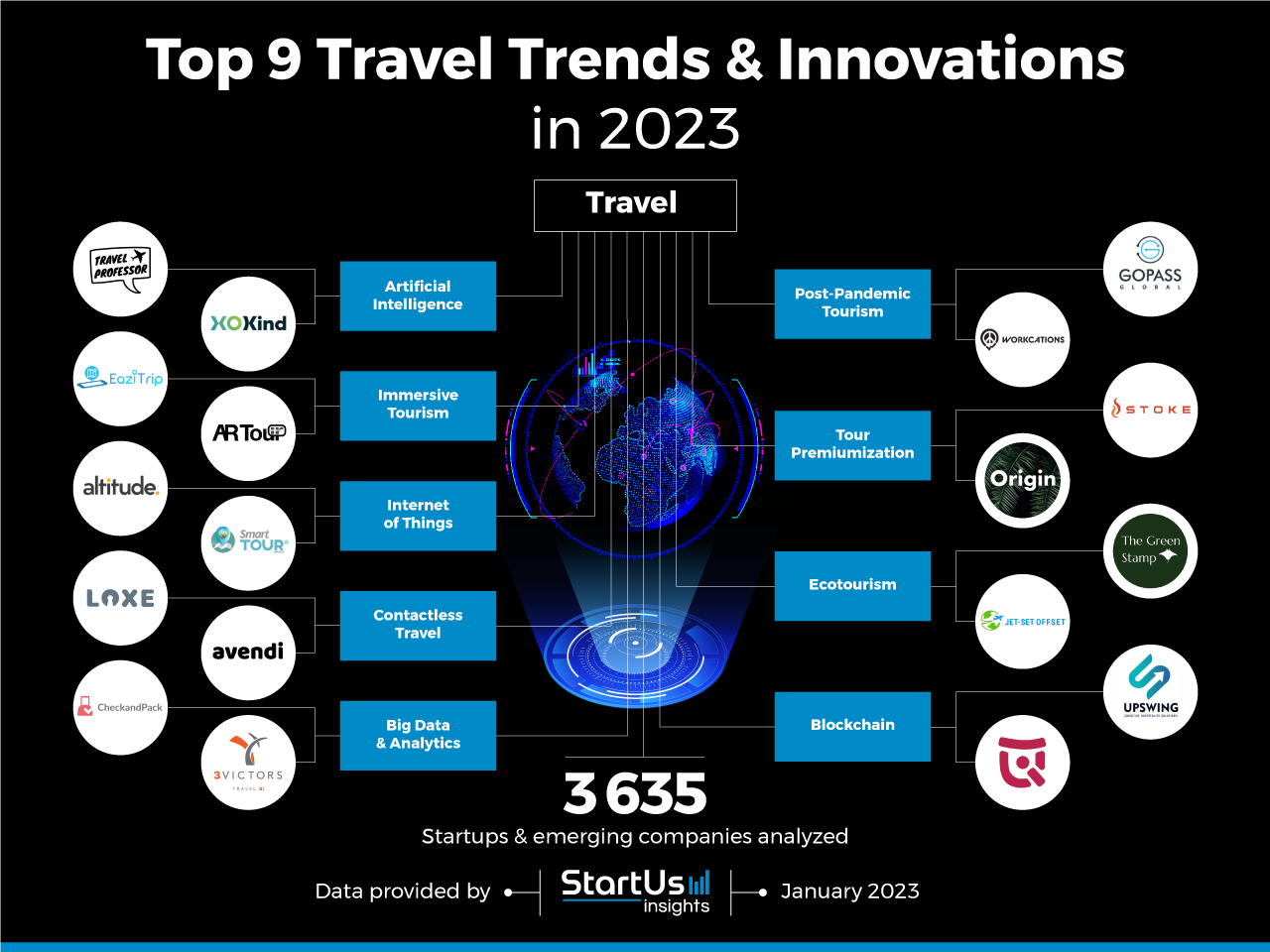

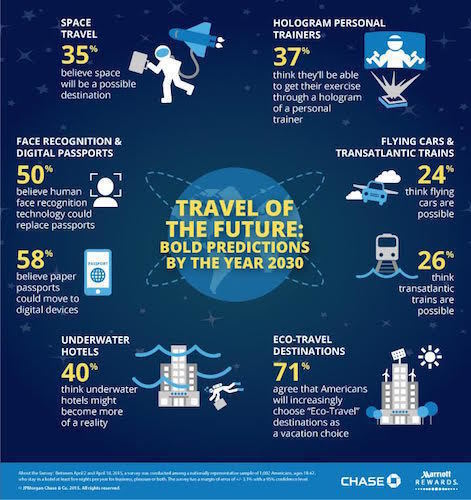


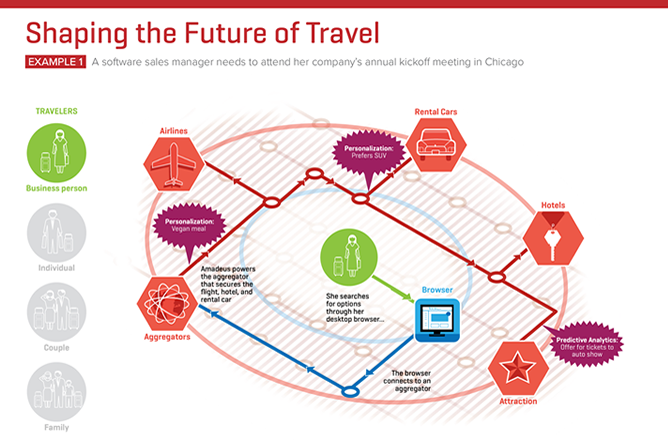
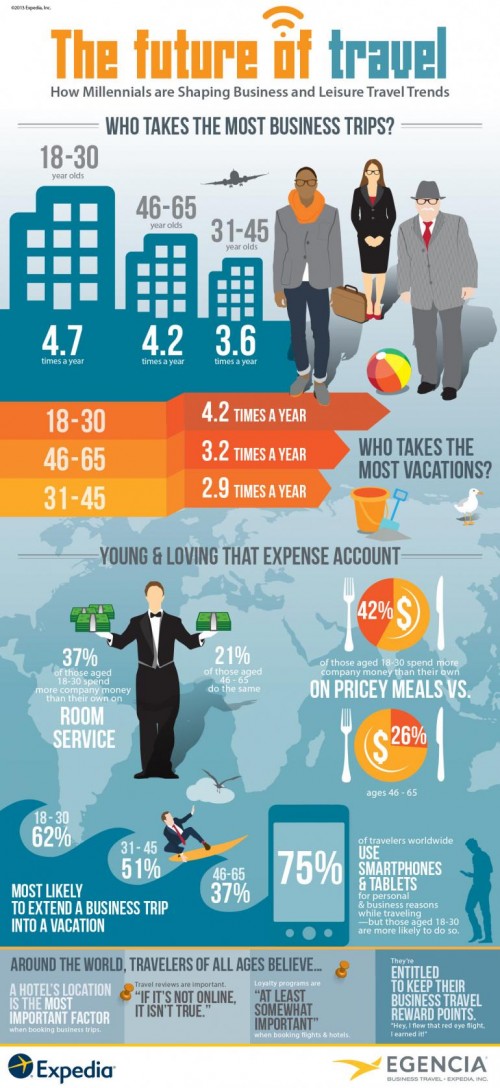
Closure
Thus, we hope this article has provided valuable insights into The Future of Travel: Navigating the Trends of 2025. We thank you for taking the time to read this article. See you in our next article!
You may also like
Recent Posts
- Exploring The World In February 2025: A Guide To Travel Destinations
- Navigating The Summer School Holidays In The UK: A Comprehensive Guide For 2025
- Navigating Singapore’s Public Holidays In 2025: A Comprehensive Guide
- A Comprehensive Guide To Skiing Holidays In January 2025
- Embracing The Winter Wonderland: A Comprehensive Guide To Ski Holidays In January 2025
- Tenerife In April 2025: A Springtime Escape To The Canary Islands
- The Future Of Travel: A Look At Holiday Trends For 2025
- Unveiling The World Of Travel: An Exploration Of Thomas Cook’s 2025 Brochure
Leave a Reply